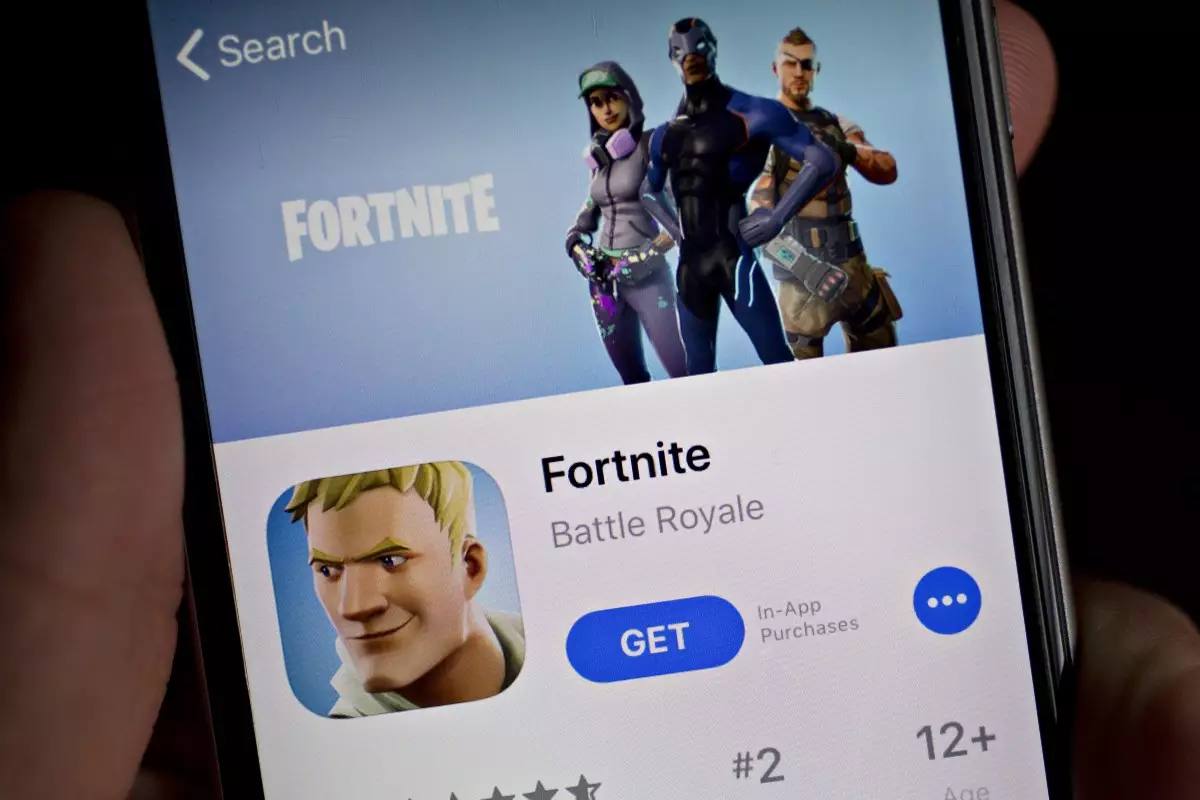In an era where digital commerce has transformed how we consume products and entertainment, the ongoing feud between Epic Games and Apple exemplifies the complexities of the app marketplace. Epic Games is not merely arguing for the re-listing of its popular title, Fortnite; it is challenging the entire infrastructure of how digital platforms operate. The company has recently intensified its legal pursuit, calling upon Judge Yvonne Gonzalez Rogers to mandate that Apple accept any compliant version of Fortnite back into its App Store. This move underscores a vital question: can a monopoly be challenged in the digital age?
Legal Victories and Corporate Resistance
Epic Games has already tasted success in the courtroom. Judge Rogers previously ruled that Apple had violated competitive regulations, marking a significant step toward inspiring a larger movement for app developers advocating for fairer practices. However, despite these legal victories, Apple’s response has been defiant. The tech giant has expressed its intent to appeal, emphasizing its position and the stringent policies it maintains over its ecosystem. What’s significant here is not just the back-and-forth legal maneuvers but the broader implications for developers who find themselves boxed in by monopolistic control.
Furthermore, Apple’s characterization of events has become a battleground unto itself. The company contended that it was not responsible for Fortnite’s absence outside the U.S., claiming they had simply encouraged Epic to revise its app update. This narrative paints Apple not as an aggressor but as a protector of a vast ecosystem—a notion many find disingenuous given its well-documented history of maintaining tight control over its App Store policies.
The Implications for Developers and Consumers
The year-long struggle has sparked heated debates not just about Fortnite’s availability, but about fundamental principles that could reshape the app landscape. If Epic’s demands are met and developers are given the freedom to choose alternative payment methods, the consequences could radically shift consumer experiences and business models alike. It could set a precedent that fundamentally reshapes the relationship between developers and platform holders, enhancing competition in pricing and innovation.
The stakes couldn’t be higher for game developers caught in the crossfire of this titanic dispute. Companies of all sizes are undoubtedly watching closely, as the outcome may dictate how they partner with or innovate against powerful gatekeepers like Apple.
A New Era of Digital Rights?
As the conflict drags on, it is clear that the battle is about more than just Fortnite—it’s a significant crossroads for digital rights in general. Epic Games has positioned itself not just as a game developer but as a champion for ethical commerce practices that could benefit a plethora of digital creators. The fervor surrounding this case raises a poignant question: if we are to usher in a new era of online marketplaces, will we champion an ecosystem of growth, or one that prioritizes monopolistic control?
And as discussions around fair practices continue, this clash serves as a litmus test for future regulations and policies governing digital platforms. The world is watching, and the decisions made here may reverberate well beyond the realm of video gaming into all corners of digital commerce.

